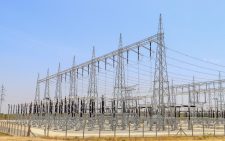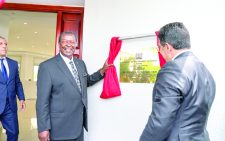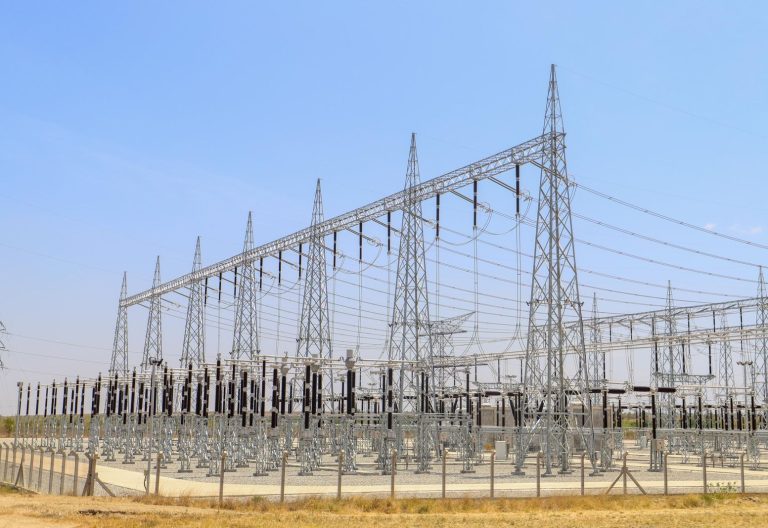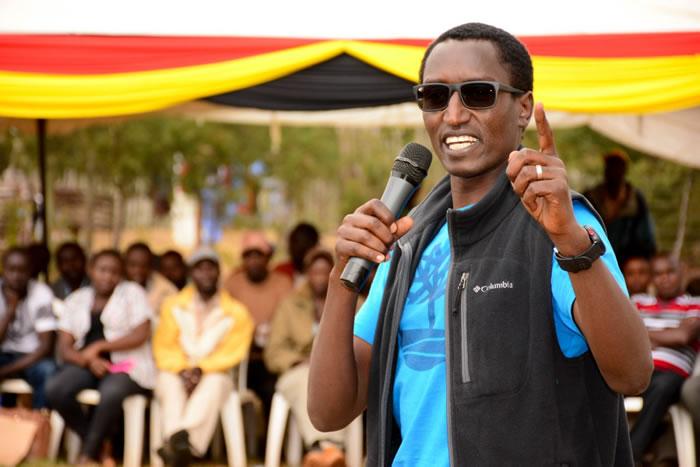Kenyans to enjoy cheaper data as more carriers enter market

A surge in user demand over the last couple of months for digital platforms and cloud services is driving new data centre developments in the country.
The move is likely to improve internet efficiency, high data consumption for less cost as more carriers come into the country.
A hyperconnected data centre built for the global colocation market, iColo, says the demand is expected to increase soon as both private and government services continue to migrate online.
Speaking recently during a media tour of the firm’s new data centre in Mombasa iColo CEO Ranjith Cherickel said huge investments are coming from around the world that require resilient systems hence the increasing demand for colocation.
Data centre colocation is a process through which a firm rents physical office space, network or Internet bandwidth and other resources within an existing data centre. It enables sharing the existing pool of data centre resources to be used for deploying and hosting data center services for external or retail customers.
Since the number of undersea cables terminating at the Kenyan coast has increased, therefore, instead of major companies investing in their own data centres, iColo decided to set up a Sh2 billion facility which is connected to 14 fibres.
According to Cherickel, the idea is to allow firms such as Safaricom, Airtel and commercial banks to focus on their core businesses and come and pick capacity from iColo for use, instead of investing in their own data centres.
“As more systems come in, there is more competition, more volume and generally pricing going down so in the next 10 years’ data won’t be any expensive,” he said.
Data centres
They are built in such a way that undersea cables can terminate at the iColo data centre, and experts say these initiatives are generally expected to help reduce the cost of data across the country through the savings made. Further, data centres consume a lot of electricity which is an advantage to the country at a time Kenya is banking on increased demand for power to gobble up excess generation.
The firm has its own transformer with a direct dedicated line of 66kv and pays between up to Sh6 million a month for electricity to run the facility. Due to increased demand, Cherickel expects 52 more carriers to be set up at the facility as more firm land their cables in the country, with the latest one dubbed PEACE.
The other carriers include Djibouti Africa Regional Express 1 (DARE 1), SEACOM, The East African Marine System (TEAMS), the Eastern Africa Submarine Cable System (EASSy), and the Lower Indian Ocean NetWork II (LION II).
Sub-sea projects
Kenya is currently expecting the 2Africa Cable, one of the largest subsea projects in the world,to land on the Kenyan coast, bringing the total to seven, hence the interest from investors. Covid-19 also drove the demand for data to an all-time high as Kenyans as reduced physical contact forced firms and people to migrate activities, both social and economic to online platforms.
The shift to online platforms led to an increased demand for cloud storage, content streaming, especially movies and music, e-commerce platforms as people started buying and selling online, e-learning apps after schools were shut down to minimise the spread of the pandemic, and fintech innovations, among others.
Experts have pointed out that Kenya will be able to attract more investors in various sectors if stakeholders within the communications sphere work to reduce the cost of data.












